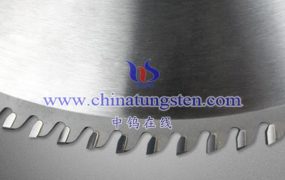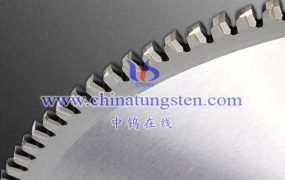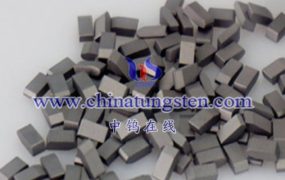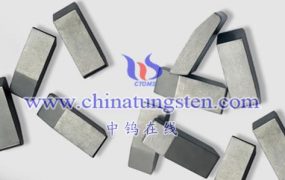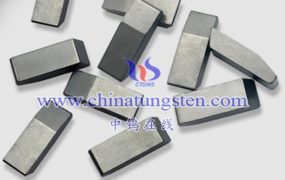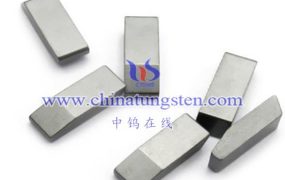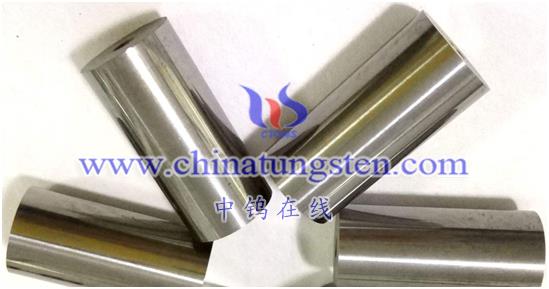
The measurement methods of strength and strength of different types of metal materials are different. Common methods of measuring the strength and strength of metal materials are as follows:
Steel material:
- Tensile test: During the stretching process of the tensile specimen, the elastic modulus, yield strength, tensile strength, elongation and other indicators of the material can be measured.
- Impact test: During the impact process of the impact sample, the impact toughness of the material can be measured.
- Hardness test: The hardness of materials can be measured through a hardness tester. Commonly used hardness testing methods include Brinell hardness, Rockwell hardness and Vickers hardness.
- Bending test: During the bending process of the bending specimen, the bending strength and bending modulus of the material can be measured.
Aluminum alloy material:
- Tensile test: During the stretching process of the tensile specimen, the elastic modulus, yield strength, tensile strength, elongation and other indicators of the material can be measured.
- Hardness test: The hardness of materials can be measured through a hardness tester. Commonly used hardness testing methods include Brinell hardness, Rockwell hardness and Vickers hardness.
- Bending test: During the bending process of the bending specimen, the bending strength and bending modulus of the material can be measured.
Copper alloy material:
- Tensile test: During the stretching process of the tensile specimen, the elastic modulus, yield strength, tensile strength, elongation and other indicators of the material can be measured.
- Hardness test: The hardness of materials can be measured through a hardness tester. Commonly used hardness testing methods include Brinell hardness, Rockwell hardness and Vickers hardness.
- Bending test: During the bending process of the bending specimen, the bending strength and bending modulus of the material can be measured.
Titanium alloy material:
- Tensile test: During the stretching process of the tensile specimen, the elastic modulus, yield strength, tensile strength, elongation and other indicators of the material can be measured.
- Hardness test: The hardness of materials can be measured through a hardness tester. Commonly used hardness testing methods include Brinell hardness, Rockwell hardness and Vickers hardness.
- Bending test: During the bending process of the bending specimen, the bending strength and bending modulus of the material can be measured.
- Fatigue test: Fatigue test can measure the fatigue limit and fatigue life of materials.
Magnesium alloy material:
- Tensile test: During the stretching process of the tensile specimen, the elastic modulus, yield strength, tensile strength, elongation and other indicators of the material can be measured.
- Hardness test: The hardness of materials can be measured through a hardness tester. Commonly used hardness testing methods include Brinell hardness, Rockwell hardness and Vickers hardness.
- Bending test: During the bending process of the bending specimen, the bending strength and bending modulus of the material can be measured.
- Impact test: During the impact process of the impact sample, the impact toughness of the material can be measured.
More details of tungsten carbide product, please visit website: http://tungsten-carbide.com.cn/
Please contact CHINATUNGSTEN for inquiry and order of tungsten carbide:
Email: sales@chinatungsten.com
Tel.: 86 592 5129595
